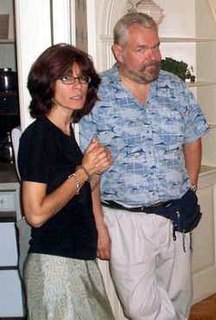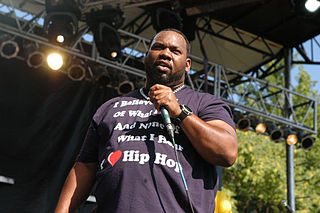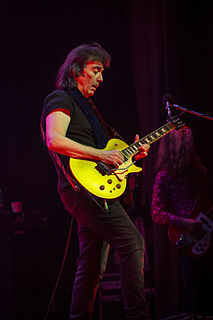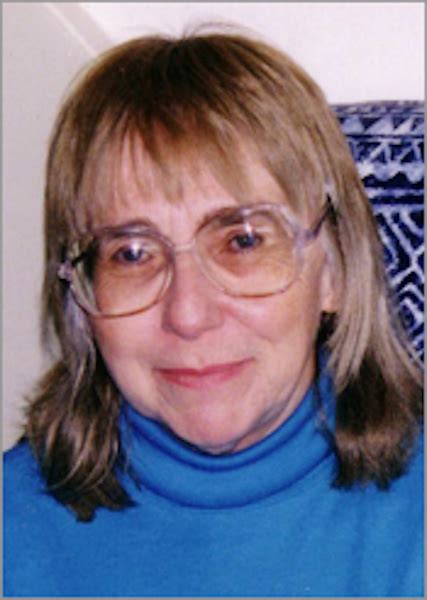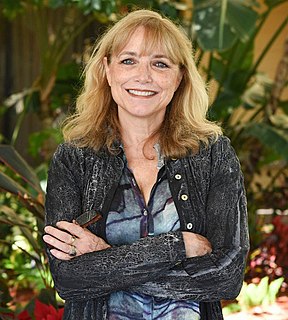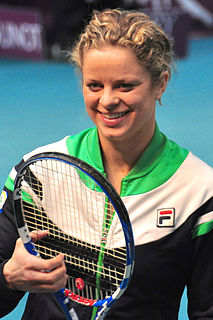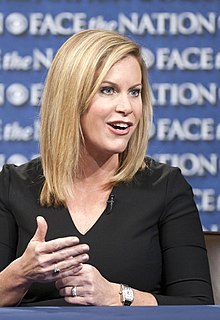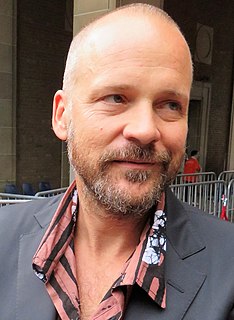A Quote by Kathe Koja
I never consciously choose what I'm going to work on next; I don't have an agenda beyond that attraction. Fortunately, my wonderful agent, Christopher Schelling, knows how I think and points me toward things I might like, which is how I started writing Y.A.
Related Quotes
When you think of a chef you think of somebody that could cook - you don't think of chef that says, 'Yo, I make only steaks'. No. A chef knows how to bake, he knows how to fry, he knows how to sautee, he knows how to do everything that's pertaining to food, and that's how I felt about my lyrical position. It's like I would say, 'Today I'm gonna make a hot salmon. Tomorrow I make you spaghetti. The next day I make you baked fish'. This is how my lyrical content in my head was already bein' reciprocated to the world, bein' given to y'all like that.
I think there are too many bosses in Washington telling Nashville Diesel College and Harvard University how to run - how to run their campuses, and I'd like to reduce the number of Washington regulations on higher education and keep this marketplace of wonderful institutions among which students can choose; that's oriented toward job growth.
War never accomplishes anything. It's never going to look good in the history books. People are never going to look back and think, 'He started a lot of wars; what a great leader he was!' That's not the way it works. God knows how many more of these things we're going to need before it starts to sink in.
When I'm recording, which is synonymous with writing, I'll play things over and over again until it sounds like I've got the right guitar part. Whereas I think, as the much younger player I tended to do things much more consciously. I didn't wait for the moment where inspiration might strike. That's what I do now. I wait for it to naturally start to replay itself in my mind. As I say, I don't force it. So I like to think of myself as a receiver. I'm a telephone line to who knows where, but until I hear it through that receiver, I don't usually do it. It's got to start writing itself somehow.
In the course of my movies, the financing and the releasing were always the tough part. Because I loved the creative, I loved the writing, I loved the making of it. Because I guess, I never had the giant blockbuster, I never got that sort of ease for the next one. So the next one was always, "how am I going to do this?" And that thing was sort of always the thing that made me a little chickenshit to go into the next one. The writing of it was great and the making of it was great, but how am I going to release this thing and am I going to find a studio?
I think one of the things that might distinguish me is when I'm going to work as an actor I really try not to worry about my own personal hang-ups and just really concentrate on the work. Because I have such a respect for acting, which is something I feel like I'm constantly learning how to do, that all of my energy is always focused on the acting itself.
